For centuries, linden (Tilia species), also known as lime tree or basswood, has been revered for its medicinal properties.
Native to Europe, Asia, and North America, this fragrant tree has been a staple in traditional medicine for its calming effects and health-boosting qualities.
Its flowers, leaves, and even bark are rich in compounds that promote relaxation, respiratory health, and cardiovascular well-being.
Let’s explore the remarkable benefits of this botanical powerhouse and how you can incorporate it into your daily routine.
#1. Promotes Relaxation and Reduces Stress
Linden’s naturally occurring flavonoids and volatile oils work synergistically to calm the nervous system. This makes linden tea a popular choice for those struggling with anxiety or insomnia.
The calming effects of linden have been supported by a study published in BMC Complementary and Alternative Medicine, which found that its sedative properties can help reduce stress and improve sleep quality.
By promoting relaxation, linden allows your body to recover and restore balance.
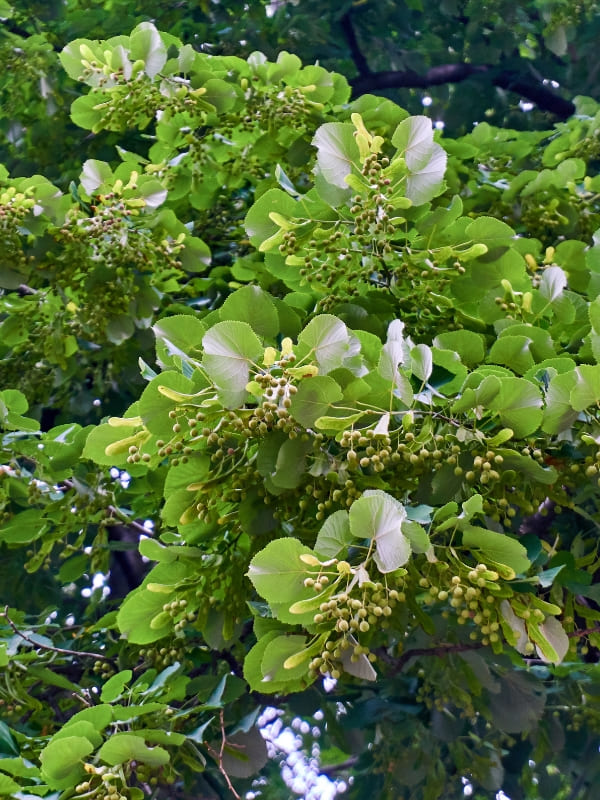
#2. Supports Respiratory Health
Linden flowers contain mucilage, a soothing compound that coats and protects the respiratory tract. This makes it particularly effective for colds, coughs, and bronchitis.
Moreover, its natural anti-inflammatory properties help ease irritation in the airways.
A review in Phytomedicine highlighted linden’s role in reducing mucus buildup and alleviating respiratory discomfort.
Whether brewed as tea or used as a steam inhalation, linden can provide much-needed relief during flu season.
#3. Eases Digestive Discomfort
Linden acts as an antispasmodic, which means it helps relieve cramping, bloating, and other digestive discomforts.
Its mucilage content also soothes the stomach lining, making it beneficial for conditions like acid reflux or indigestion.
By aiding digestion and calming an upset stomach, linden ensures your digestive system functions smoothly and without discomfort.

#4. Reduces Inflammation
Rich in antioxidants like quercetin and kaempferol, linden fights oxidative stress and inflammation in the body. This makes it an excellent remedy for conditions such as arthritis, joint pain, and other inflammatory disorders.
Regular consumption of linden tea may reduce inflammatory markers, protecting tissues from long-term damage and improving overall well-being.
#5. Supports Heart Health
Linden’s mild diuretic properties help regulate blood pressure by reducing fluid retention and improving circulation. Its antioxidants further protect the heart by combating oxidative damage, a key factor in cardiovascular disease.
By incorporating linden into your routine, you can take proactive steps to maintain healthy heart and blood pressure levels.

#6. Boosts Immune Function
Linden flowers are packed with vitamins, minerals, and immune-boosting flavonoids that help the body fend off infections. Its antimicrobial properties can also help shorten the duration of colds and flu.
Including linden tea during the colder months can help keep your immune defenses strong, giving you an extra layer of protection against seasonal illnesses.
#7. Soothes Headaches and Migraines
Linden’s calming and anti-inflammatory properties make it a go-to remedy for tension headaches and migraines.
By promoting relaxation and reducing blood vessel constriction, it helps ease the pain and discomfort associated with these conditions.
Enjoying a warm cup of linden tea at the first sign of a headache can provide quick and effective relief.

How to Incorporate Linden into Daily Routine
1. Linden Tea for Daily Wellness
To make linden tea, you’ll need 1–2 teaspoons of dried linden flowers and a cup of boiling water. Place the dried flowers in a tea infuser or directly in your cup, then pour the boiling water over them.
Cover the cup to retain heat and allow the tea to steep for 5–10 minutes, depending on how strong you like it. Strain the liquid and enjoy it warm.
This simple preparation not only makes for a calming drink but also enhances digestion and sleep quality.
To make your tea even more flavorful, you can add a splash of honey or a squeeze of lemon. Drink linden tea before bedtime to relax your mind and body or after meals to ease bloating and support digestion.
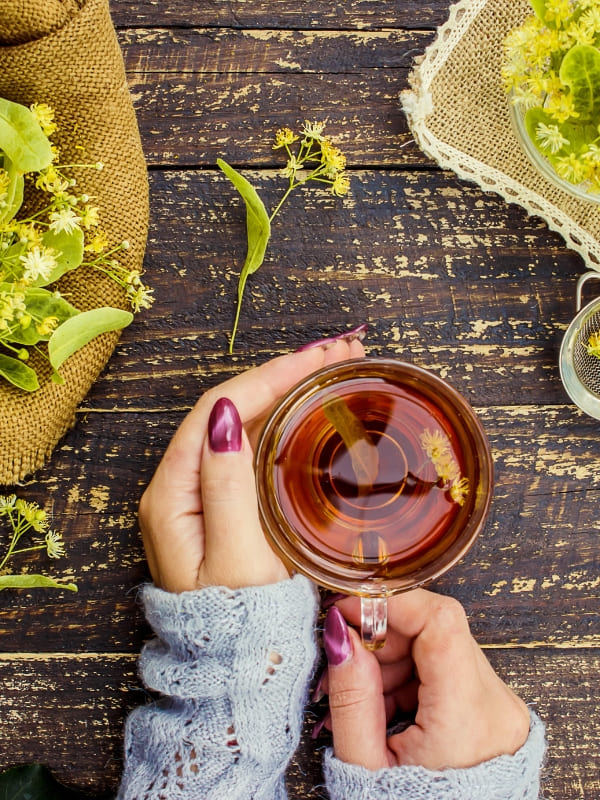
2. Linden Steam Inhalation for Respiratory Relief
If you’re dealing with congestion or a stubborn cough, try linden steam inhalation. Start by boiling 4–5 cups of water and pouring it into a large bowl.
Add a handful of dried linden flowers to the hot water. Place your face over the bowl and drape a towel over your head to trap the steam.
Inhale deeply for 5–10 minutes, letting the warm vapor work through your nasal passages. This method not only helps clear congestion but also soothes irritated airways.
Use this remedy during cold or flu season or anytime you need respiratory relief.

3. Linden Bath Soak for Relaxation
Transform your bath into a spa-like experience with linden. To prepare a linden bath, boil a large pot of water and steep 1 cup of dried linden flowers for 15–20 minutes. Strain the liquid and pour it into your bathwater.
Soaking in a linden-infused bath for 20–30 minutes can help reduce muscle tension, lower stress levels, and even calm irritated skin. For an enhanced experience, add a few drops of lavender essential oil to amplify the calming effect.

4. Linden Tincture for Targeted Benefits
For those who prefer a concentrated remedy, linden tincture offers a convenient option. Take 20–30 drops of linden tincture diluted in water or juice up to three times a day.
This method is particularly useful for managing stress or digestive discomfort. Always follow the dosage instructions on the tincture bottle or consult a healthcare professional to ensure safe use.
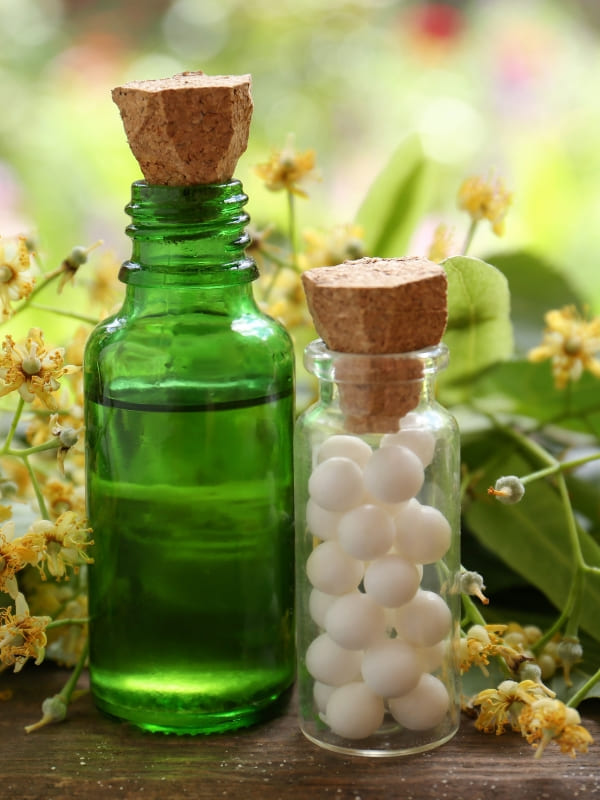
5. Linden Compress for Skin and Muscle Relief
A warm linden compress is an excellent remedy for minor skin irritations or sore muscles. To make one, steep 2–3 teaspoons of dried linden flowers in 1 cup of hot water for 15 minutes.
Soak a clean cloth in the tea, wring out the excess, and apply it to the affected area.
Leave the compress on for 10–15 minutes to allow the anti-inflammatory and soothing properties of linden to work. This method is ideal for soothing rashes, minor burns, or even headaches.
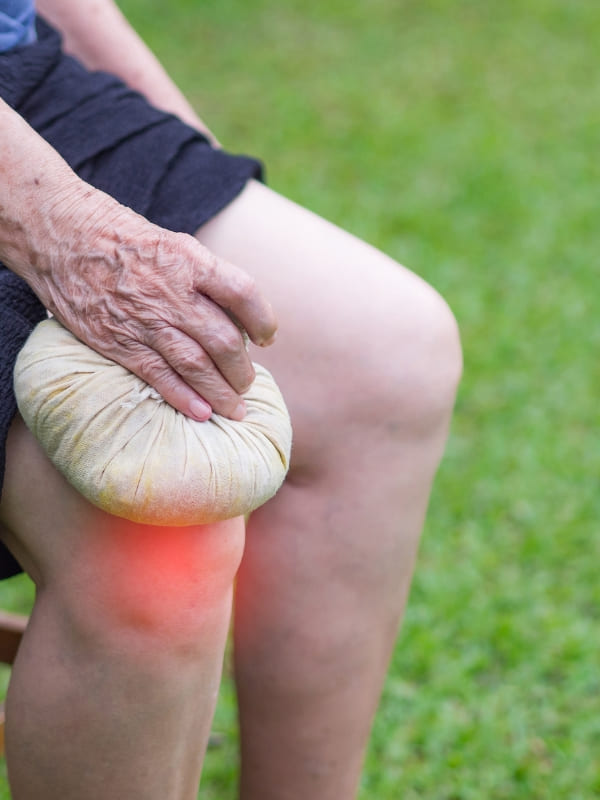
Cautions and Precautions
Individuals allergic to plants in the Tiliaceae family should avoid linden. Itching, swelling, or respiratory issues could indicate an allergic reaction. If you experience these, discontinue use and consult a healthcare provider.
Linden may interact with certain medications, particularly sedatives or diuretics, as it can enhance their effects.
Additionally, those with heart conditions should use linden cautiously and under medical supervision, as it may mildly influence heart rhythm.
Disclaimer
This article is for informational purposes only and is not intended as a substitute for professional medical advice.
Always consult a healthcare provider before incorporating new herbal remedies into your routine, especially if you are pregnant, breastfeeding, or taking medications.
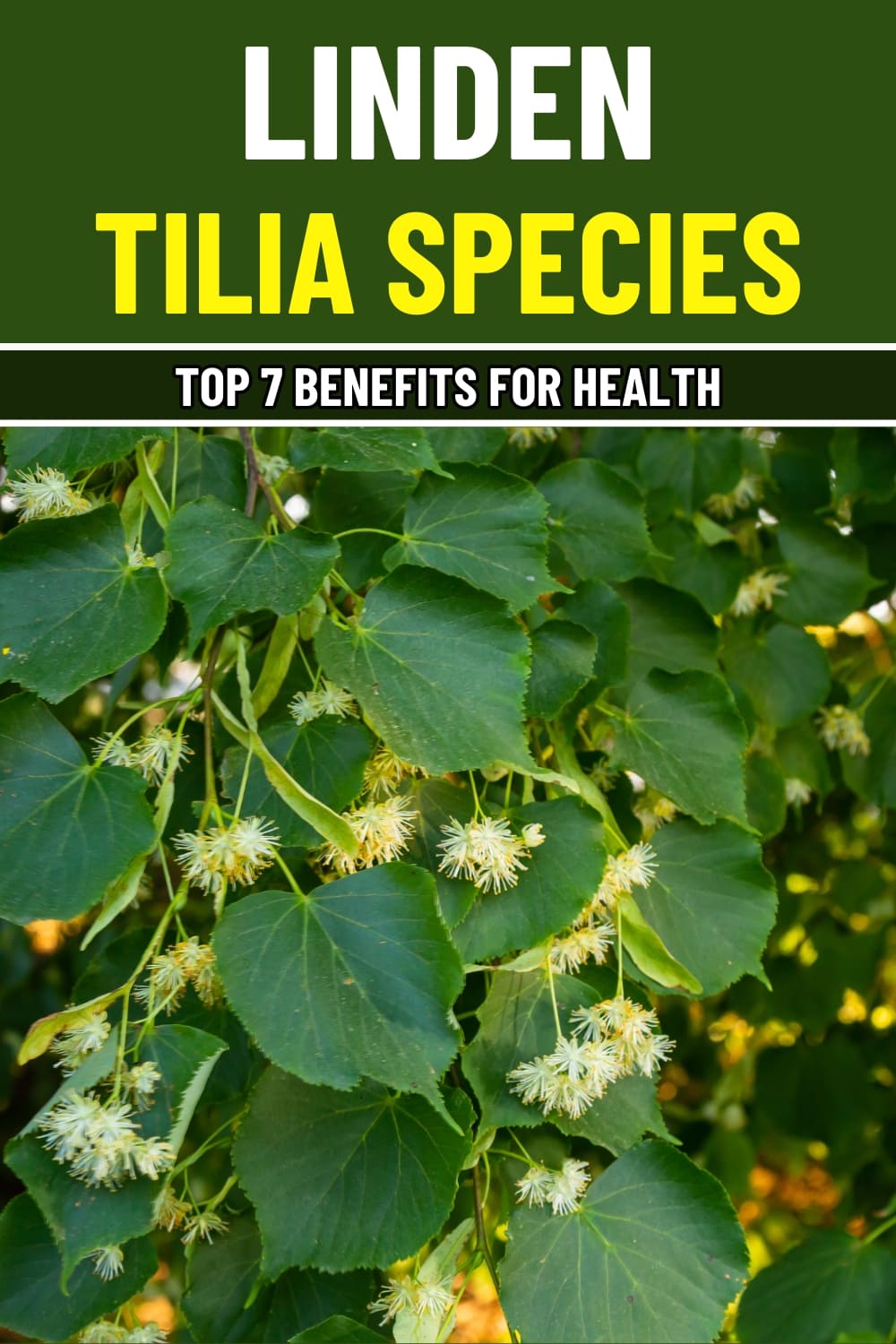
The Amazing Health Benefits of Linden and Easy Ways to Use It Daily
